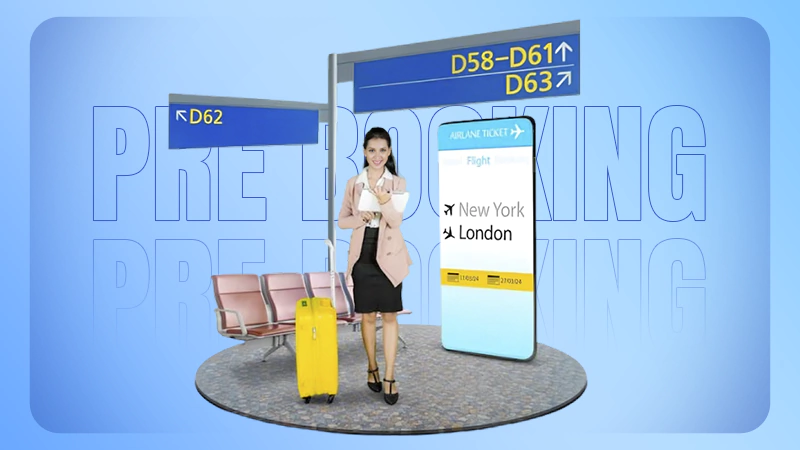The Job of a Funeral Director Described
A funeral director is at the forefront of coordinating everything that happens after death. They are the ones who take care of the deceased as well as handle the arrangements for the funeral and, in many cases, become the primary source of comfort for bereaved families. Their work involves a delicate mix of professional competence, empathy, and excellent organisational abilities.
From the first gathering of the deceased to the last part of the funeral service, the funeral director makes sure that all is done with dignity. This involves coordinating transport, double-checking bookings with crematoria or cemeteries, and taking care of the preparation of the body for viewing or burial. Many also help with paperwork, such as death registration and legal documents necessary for the funeral to go through.
Behind every meticulously planned funeral is a funeral director working behind the scenes, ensuring the day goes as planned.
Making the Service Personal to Suit the Individual
Funerals have transformed in recent times. Although traditional religious funerals remain popular, most families today are opting for more individualised goodbyes. Funeral directors facilitate this practice through the provision of assistance to families to create a service that represents the deceased person’s personality, values, or dying wishes.
This may involve choosing specific music, planning a special route for the funeral procession, or conducting the ceremony at a location other than a church or crematorium. For others, it may mean a completely non-religious service conducted by a celebrant, or a low-key, family-only affair. Funeral directors have experience of dealing with all kinds of services, and will always attempt to make special requests possible wherever possible.
They may also assist with aspects such as readings, flowers, photo displays or symbolic actions like dove releases or memory tables. Their intention is to craft a service which is personal, meaningful and fitting to the life being celebrated.
Guidance, Support and Reassurance
When feelings are running high and speedy decisions must be made, the advice of a funeral director can prove priceless. Most relatives are not aware of what happens next after death — from legal procedures to organizing timescales and choosing a coffin. A funeral director will outline these in a calm, easy-to-understand manner, ensuring nothing is missed.
They also give hands-on assistance, for example, advising on funeral expenses, handling third-party bookings, and arranging transport. Most assist with announcements, tributes, donation arrangements and post-funeral planning. Some will offer grief support or a referral to a bereavement counsellor for clients who require additional assistance in the weeks ahead.
What distinguishes veteran funeral directors is that they can assume the worry of planning so families can concentrate on remembering and letting go. They bring peace of mind at times when individuals are most uncertain about what to do next.
Locating a Funeral Director, You Can Trust
Choosing the right funeral director is a personal decision that can greatly affect the experience of planning a funeral. While cost and location are factors, trust, transparency and communication are just as important. A good funeral director will be clear about pricing, respectful of your wishes, and never push unnecessary services.
It is usually a good idea to see a few providers before coming to a decision. Most provide free consultations and are more than happy to discuss their services with you in length. You can also see if they are members of professional associations such as the National Association of Funeral Directors (NAFD) or the National Society of Allied and Independent Funeral Directors (SAIF), which both have codes of practice.
Local experience and familiarity with alternative cultural or religious traditions can make a huge difference, particularly for those families that need certain traditions to be upheld.
Ultimately, a respected funeral director Sunderland does more than perform a service — they provide reassurance, careful guidance in one of life’s darkest moments.







